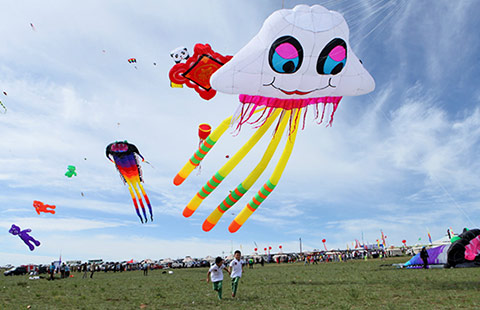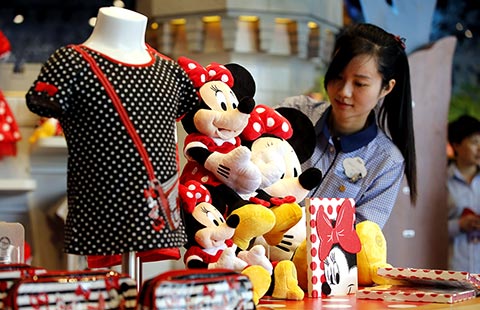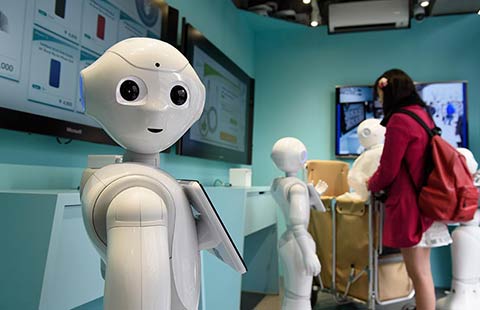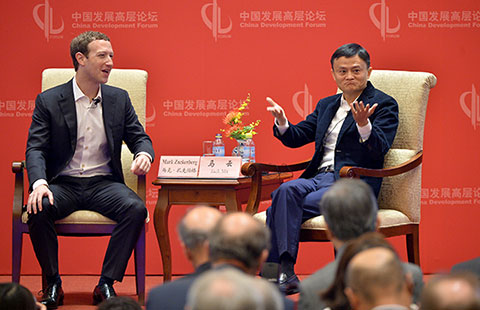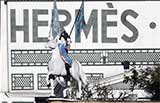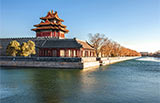Latest forex data good news for policymakers
By Wang Yiqing (China Daily) Updated: 2016-03-28 10:06
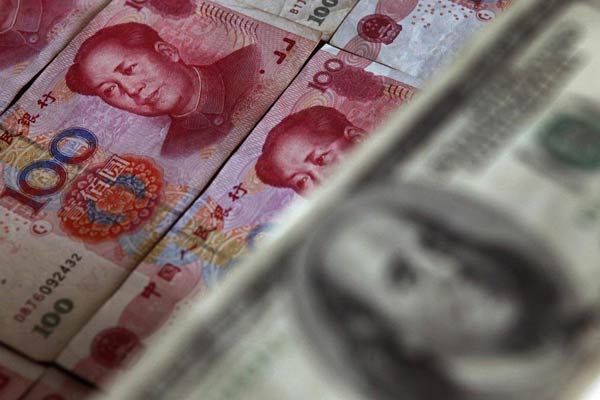 |
|
A photo illustration shows a $100 banknote placed above Chinese 100 yuan banknotes in Beijing in this May 10, 2013 file photo. [Photo/Agencies] |
Despite the decline in China's foreign exchange reserves since last year, which has been widely reported in the international media, monetary officials and specialists say there is no panicky capital flight, and the outflow of capital has not reached a level to warrant the government adopting restrictive measures.
Recently, the situation has been improving, and cross-border capital flows appear to be gradually becoming normal, they pointed out, citing data from the State Administration of Foreign Exchange.
"Cross-border capital flows are expected to be stable in general," Wang Chunying, deputy director of the administration's balance of payments department, said on Tuesday.
Recently released foreign exchange statistics give the policymakers confidence. The cross-border capital outflow has slowed remarkably for three consecutive months since December, as indicated by the narrowing trend of foreign exchange reserve reductions, the decline in net foreign exchange purchases from enterprises and individuals, and the gradual stabilization of the yuan-dollar exchange rate.
"It shows that the impact of the US Federal Reserve's interest rate hikes in December have gradually lessened," said Wang Yungui, director of policy and regulation for the administration.
Internationally, market expectations of the Fed further increasing interest rates in the near future have lowered, which is conducive to stabilizing capital flows. And domestically, the fundamentals of China's economy remain sound and attractive to foreign capital.
In addition, the market has gradually adapted to reform of China's exchange rate mechanism after fluctuations last year.
"The renminbi exchange rate formation mechanism has become more mature, with higher market acceptance than last year," said Zhao Xijun, vice-dean of the School of Finance at Renmin University of China.
The market generally expects the Fed not to raise interest rates before June, although there is still concern about the impact of any unexpected move by the Fed on the foreign exchange market, as Patrick Harker, president of the Federal Reserve Bank of Philadelphia, has suggested that the Fed should consider further increases as early as April.
China's foreign exchange regulator did not deny the pressure of the dollar flowing back into the United States due to the Fed interest rate hike. But Wang Yungui said it is a "normal periodic reaction" considering the massive US dollar inflows into China and other emerging-market economies in the past few years.
"We don't speculate about the timing of the Fed interest rate hike," he said. "We believe China's existing foreign exchange toolbox is sufficient, and the scale of the capital outflow is expected to be affordable."
- GDP of China's northern and northeastern provinces
- Lincoln ensures staff offer personalized experiences
- Industrial companies show profit uptick after tough 2015
- Infographic: Sino-Czech trade in numbers
- China IT Summit takes place in Shenzhen
- Secondhand vehicle sales expected to soar this year
- Qoros sees change at helm amid reshuffle
- Auto executives shifting to Internet companies


